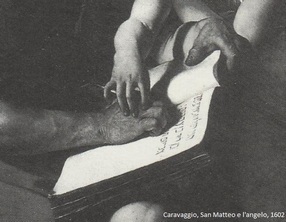La migración en el testimonio indígena de América Latina
DOI:
https://doi.org/10.13130/2035-7680/10129Abstract
The article examines the representation and function of the migration of indigenous people in the Latin American testimonial genre. Specifically, the articles considers the bilingual Mapudungun-Spanish Pascual Coña (1930) and the Quechua-Spanish Gregorio Condori Mamani (1977) of the Mapuche and Quechua cultures respectively. It is argued that the dynamics and consequences of migration to the city are represented in these texts as traumatic experiences that negatively mark the lives of indigenous narrators, since both fail to coexist with the Spanish-speaking hegemonic groups in city contexts.




